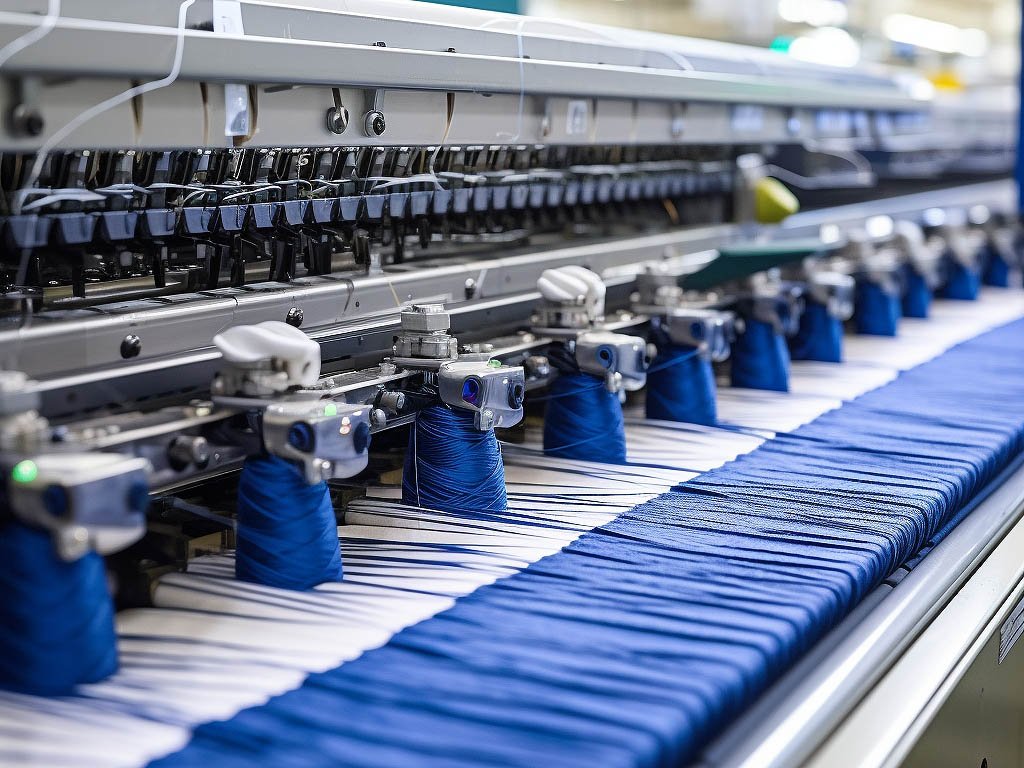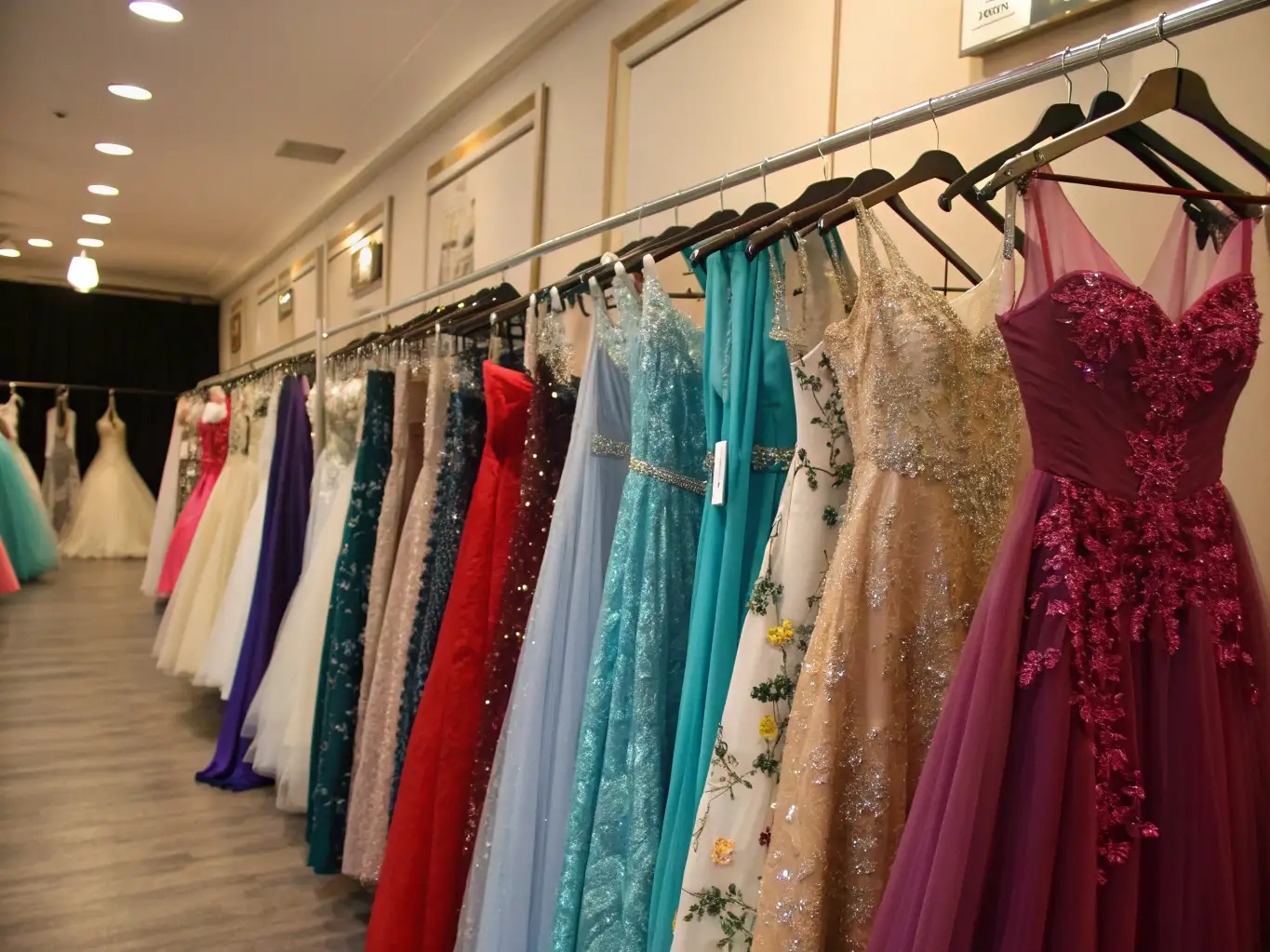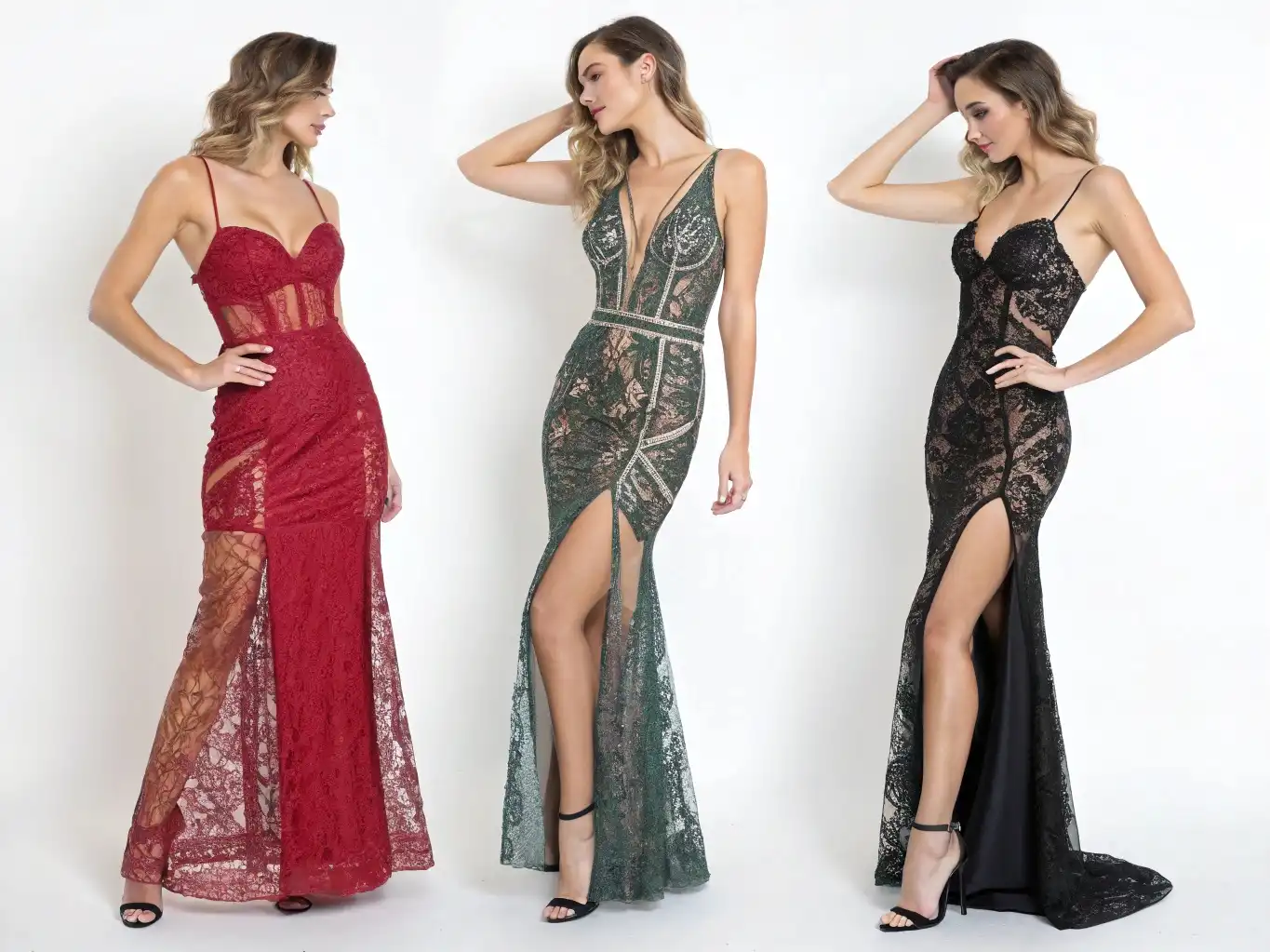With the current unsustainable habits, practices, and business models of the fashion industry, the world is experiencing over 100 billion garments produced annually, resulting in the disposal of approximately US$450 billion worth of textiles. This excessive fashion waste poses a significant risk to our environment and ecosystem.
Garment production is responsible for 10% of global carbon emissions, a significantly higher proportion than that of international flights and maritime shipping combined. This concerning statistic is expected to continue rising due to the growing popularity of fast fashion.
As the need for sustainability grows, consumers are becoming more conscious of environmentally responsible businesses. They seek companies and brands that have a positive impact on society and the planet.
As an expert in the fashion industry, we understand the harsh realities that come with manufacturing clothing. In an effort to support our people and our planet, we prioritize sustainable practices to promote fashion sustainability and reduce our carbon footprint.

What is the perspective on sustainable clothing manufacturing?
Sustainable clothing manufacturing has multiple dimensions, incorporating environmental, economic, and social aspects. As the fashion industry continues to face criticism for its environmental effects, the implementation of sustainable practices is essential for ethical and competitive purposes. Here are some important perspectives on sustainable clothing manufacturing:
Environmental Impact
Efficient Resource Usage: Sustainable methods of manufacturing prioritize efficient use of resources such as reducing water and energy consumption, minimizing waste, and incorporating renewable energy sources.
Sustainable Materials: As an industry expert, we prioritize the use of eco-friendly materials like organic cotton, recycled polyester, and biodegradable fabrics. Our materials have a decreased environmental impact compared to traditional options, demonstrating our commitment to sustainability.
Efficient Waste Reduction: By implementing practices that recycle scraps and reduce overproduction, we ensure sustainability in our production process. Circular fashion, with a focus on reusing, recycling, and composting, is a growing trend in the industry.
Economical Factors

Cost Management: Sustainability in clothing manufacturing requires upfront investment, but ultimately yields long-term benefits through resource preservation, waste reduction, and improved brand image.
Consumer Demand for Sustainable Products: Brands that prioritize sustainability can stand out in the market and attract loyal customers who are willing to pay a premium for eco-friendly products, due to the increasing demand for sustainability among consumers. This can lead to a competitive advantage for these brands.
Compliance and Regulation: The use of sustainable practices is becoming increasingly important as governments and international bodies are implementing regulations and standards for sustainability. By adopting these practices, businesses can ensure compliance and protect themselves from potential legal and financial repercussions.
Social Responsibility

Ethical Standards: In addition to sustainable manufacturing, it is important to prioritize fair labor practices that promote safe working conditions, fair wages, and respect for workers’ rights. By doing so, we can maintain our credibility and positively impact our community.
Community Engagement: It is important for businesses to engage with local communities and support social initiatives in order to improve their social responsibility profile and overall sustainability.
Transparency and Traceability: Ensure transparency and traceability in your supply chain to meet demands from consumers and stakeholders. Implementation of traceability systems is crucial to guarantee ethical sourcing and production of your products.
Technological Innovations

Advanced Manufacturing Techniques: Utilizing cutting-edge manufacturing techniques such as 3D printing, digital knitting, and automated sewing can significantly decrease waste and enhance efficiency in the production process, ultimately resulting in higher productivity and cost-effectiveness.
Smart Textiles: Developing textiles with improved durability and functionality can play a significant role in promoting sustainability, as it extends the life of garments and decreases the frequency of replacements needed. This benefits both the environment and consumers in the long term.
Data Analytics: Utilizing data analytics can greatly reduce waste and improve efficiency by optimizing production processes, forecasting demand, and managing inventory. This approach is backed by scientific analysis and domain expertise, making it a valuable tool for businesses looking to increase productivity and profitability.
Challenges and Opportunities

Scalability: Scalability is a major hurdle when trying to meet global demand and incorporate sustainable practices. Despite this challenge, there is room for innovation and collaboration within the industry.
Consumer Education: Sustainable fashion education is vital for creating a demand and promoting a culture of sustainability among consumers.
Partnerships and Collaboration: Engaging in collaborations with suppliers, designers, and other stakeholders can greatly improve sustainability initiatives. These partnerships can result in shared resources, valuable knowledge, and innovative solutions.
Conclusion
As a product or industry expert, it is important to have a holistic approach towards sustainable clothing manufacturing. This means considering environmental stewardship, economic viability, and social responsibility. In an ever-evolving industry, sustainable practices are crucial for both business success and environmental preservation. In fact, as the industry continues to innovate and adapt, these practices will become increasingly integral.





